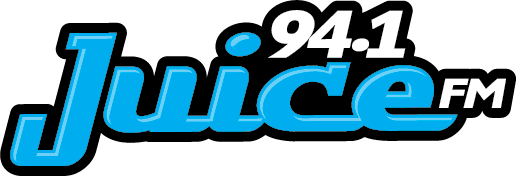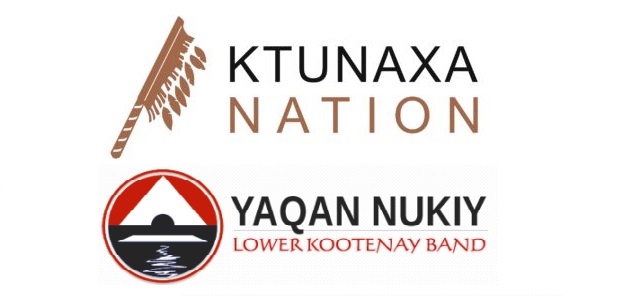The Lower Kootenay Band (LKB) finalized the settlement on July 31, 2020, regarding Highway 21 that runs through reserve land.
A $1.3 million cheque from the Canadian government is included in the deal.
“This is a huge victory for us,” said Chief Jason Louie. “The $1.3 million does belong to the people of the Lower Kootenay Band and it will be decided by the people what they would like to do with it.”
Chief Louie said a referendum is being considered to determine how the funds will be dispersed within the band of roughly 245 members.
As for the transfer of land, Chief Louie said the deal sets a precedent for future claims, not only involving LKB, but other First Nations in the country.
“In previous specific claims in the eighties and nineties, with those land claims, we had to surrender the land,” said Chief Louie.
Chief Louie explained Canada’s past role in managing territories owned by First Nations peoples and how deals were sometimes lopsided.
“Canada has not always complied with the requirements of the Indian Act in obtaining adequate compensation when overseeing transactions involving reserve land and resources. For example, right-of-way surrenders, timber operations and leases,” said Chief Louie.
In 1897 the Bedlington & Nelson Railway Company built and operated a rail line from Porthill, I.D. to Kuskanook, B.C. which bisected LKB territory.
When the train service was discontinued in 1914, B.C. assumed ownership of the land and later built the Porthill Highway in 1928, known today as Highway 21.
“This transfer was illegal,” added Chief Louie. “Once it was no longer required for railway purposes, the 29 acres of the railway right-of-way was reverted to reserve status.”
In 2011 LKB Council sent a letter to the government of Canada alleging that Canada had ignored a vital step during the establishment of the Porthill highway on the reserve.
Chief Louie noted, “It was argued that Canada had failed to ensure compliance with the requirements of the Indian Act and had breached its fiduciary obligations to protect the reserve.”
Nine years later in January, 2020 Canada responded with news that the country was willing to settle. However, delays including COVID-19 pushed the date back to the end of July.
Due to restrictions set by the Provincial Health Officer, Chief Louie went door to door with PPE in order to consult with the LKB community and his fellow Council members to ratify the agreement. Members all across Canada were also contacted through electronic means to satisfy the legal requirements of consultation, according to Chief Louie.
“That is our land. We signed the settlement on Friday [July 31, 2020] under the guidance of our legal representative,” Chief Louie said.


